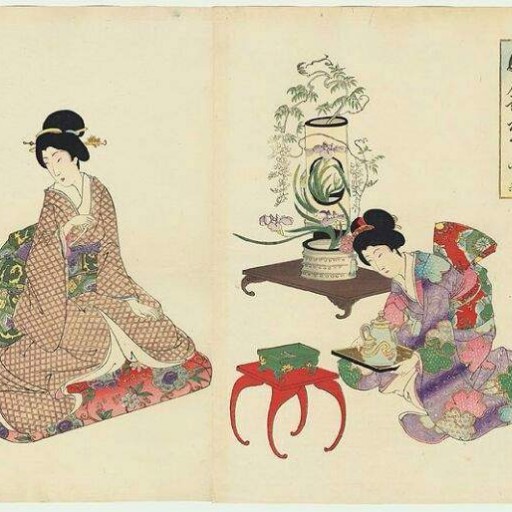Covell Meyskens
Assistant Professor, Naval Postgraduate School
“The Demilitarization of Chinese Socialism”
Thursday, March 30th, 4:30-6:30 PM
Social Sciences Tea Room (SSR, 2nd Floor)
Discussant: Weichu Wang (University of Chicago)
Please join the East Asia: Transregional Histories Workshop as we welcome University of Chicago alumni Covell Meyskens (Naval Postgraduate School), who will present the first chapter of his new book project for workshop discussion. The chapter, titled “The Demilitarization of Chinese Socialism,” examines the CCP leadership’s approach to the security of socialist China between the late 1940s when they founded the PRC and the late 1970s when a new leadership under Deng Xiaoping rose to power after Mao’s death in 1976.
As always, first-time attendees are welcome. Light refreshments and snacks will be served.
If you have any questions or require assistance to attend, please contact Jessa Dahl at jdahl@uchicago.edu or Erin Newton at emnewton@uchicago.edu.
